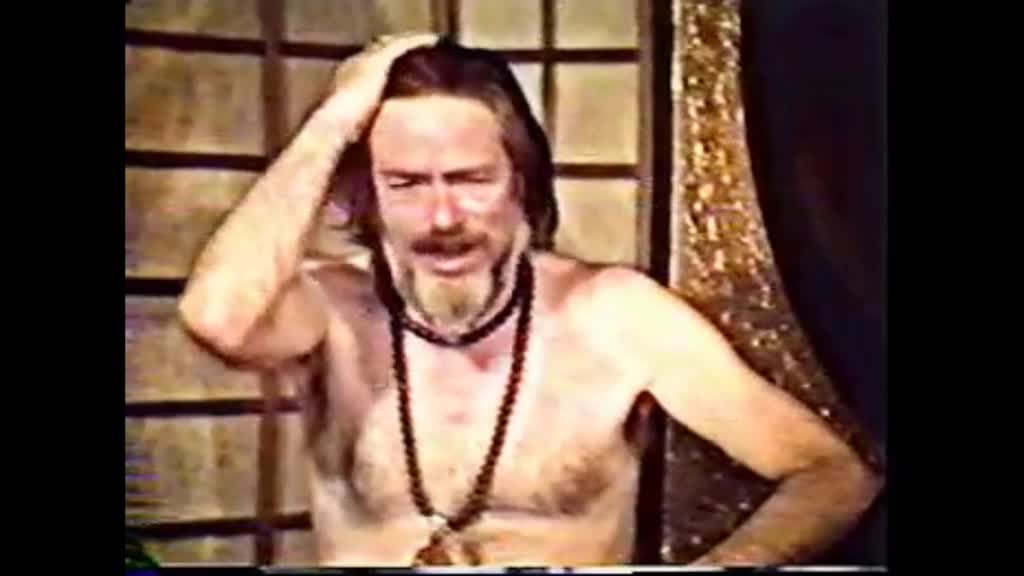Alan Watts
Alan Watts (1915–1973) was a British-born philosopher, writer, and speaker who became one of the most influential figures in introducing Eastern philosophy to the Western world. His ability to articulate complex ideas from Zen Buddhism, Taoism, and Hinduism in a way that was accessible and appealing to Western audiences made him a unique and beloved figure in the world of spirituality and philosophy.
Early Life and Education
Born on January 6, 1915, in Chislehurst, England, Alan Watts was raised in a middle-class Christian household. His early interest in the nature of the divine and the meaning of life was evident from a young age, as he devoured books on philosophy, religion, and Eastern thought. This curiosity led him to study Buddhism, particularly Zen, during his teenage years—a time when such subjects were relatively obscure in the West.
In 1938, Watts moved to the United States, where he studied theology at Seabury-Western Theological Seminary in Illinois. He was ordained as an Episcopal priest in 1945, but his growing fascination with Eastern philosophy, especially Zen Buddhism, led him to leave the ministry in 1950.
A Bridge Between East and West
Watts’ real impact began in the 1950s and 1960s, when he started writing and lecturing extensively on Eastern philosophies. His first major work, The Way of Zen (1957), became a best-seller and established him as a leading authority on Zen Buddhism in the West. This book was pivotal in demystifying Zen and presenting it as a practical approach to life rather than an esoteric or purely religious practice.
Over the years, Watts authored more than 25 books and numerous essays, covering a wide range of topics including Buddhism, Taoism, Christianity, and the nature of reality. His works, such as The Wisdom of Insecurity (1951) and The Book: On the Taboo Against Knowing Who You Are (1966), encouraged readers to explore the fluid and interconnected nature of existence, challenging the rigid boundaries of self and other, life and death.
Teaching and Influence
Beyond his writings, Watts was a captivating speaker, known for his wit, eloquence, and deep insight. His radio show, “Way Beyond the West,” which aired on KPFA in Berkeley, California, became highly popular in the 1950s and 1960s, drawing in listeners who were eager to explore new ways of thinking.
Watts’ influence extended into the counterculture movement of the 1960s, where his ideas resonated with those seeking alternative spiritual paths. His teachings on the illusion of the separate self and the concept of living in the present moment inspired a generation questioning traditional values and seeking deeper meaning in life.
Personal Life and Legacy
Watts’ personal life was as complex as his philosophy. He was married three times and had seven children. His lifestyle, characterized by a deep appreciation for nature, music, and the arts, reflected the Zen ideal of living fully in the moment.
Alan Watts passed away on November 16, 1973, at the age of 58 at his cabin on Mount Tamalpais in California. His legacy, however, continues to thrive. Through his books, recorded lectures, and the ongoing interest in his teachings, Watts remains a significant figure in the dialogue between Eastern and Western thought. His work laid the groundwork for the increasing popularity of mindfulness, meditation, and the integration of Eastern philosophies into Western spirituality.
Today, Alan Watts is remembered not just as a philosopher, but as a visionary who brought the wisdom of the East to a Western world hungry for a deeper understanding of life and consciousness. His teachings continue to inspire people around the globe to explore the nature of reality, self, and the interconnectedness of all things.

